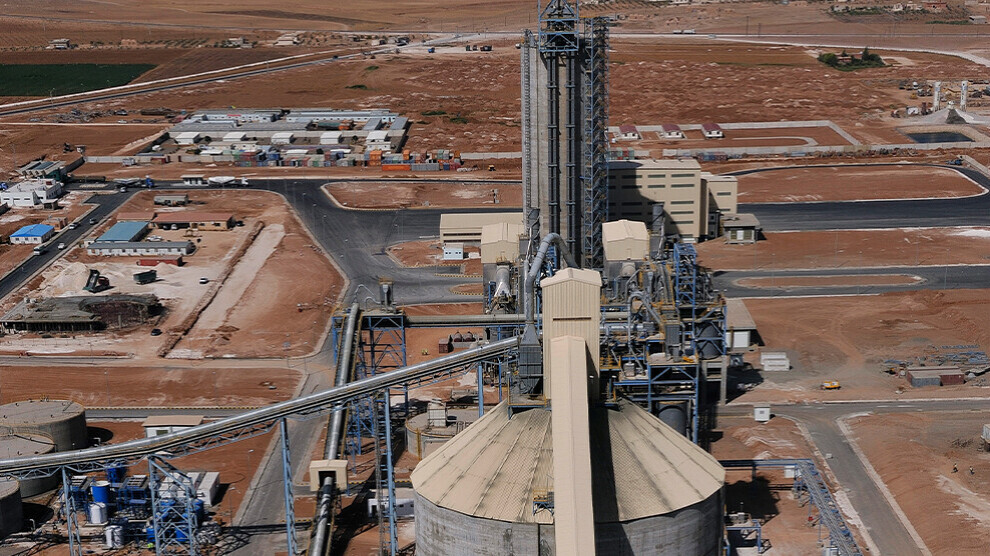Charges against Lafarge over Syria affair upheld
The Paris Court of Appeals has rejected the appeal of Lafarge, which merged with Holcim, and instead upheld charges of "aiding and abetting crimes against humanity."
The Paris Court of Appeals has rejected the appeal of Lafarge, which merged with Holcim, and instead upheld charges of "aiding and abetting crimes against humanity."

The Court of Appeal in Paris on Wednesday upheld charges against French cement manufacturer Lafarge for "aiding and abetting crimes against humanity." The court made the announcement after the ruling. Lafarge "remains indicted on these charges" and endangering the lives of others "as part of the continuation of the judicial investigation," the document said. In doing so, investigators rejected a request to drop the charges against the company.
The case, which was opened back in 2017, is about the so-called Syria affair. The French cement manufacturer, which merged with Swiss competitor Holcim in 2015, operated a cement factory in Kobanê in northern Syria in the years before. The plant in the village of Çelebiyê (al-Jalabiyya), southeast of the canton, continued to produce even as war raged in the country.
In order to keep operations going, the subsidiary Lafarge Cement Syria entered into a series of "agreements" with armed militias. Apparently, these "agreements" included the payment of around 13 million euros to middlemen and terrorist groups, including the jihadist militia "Islamic State" (ISIS). Among other things, the payments were for passes to allow workers to enter the factory. Lafarge is also alleged to have sold cement to ISIS in exchange for raw materials from the terrorist group to operate the cement production facility. The headquarters in Paris is said to have been aware of the dangerous situation in the areas controlled by ISIS from 2012. Nevertheless, Lafarge did not withdraw from the region. The group's management is even said to have coerced employees to show up for work despite the danger.
The company is also under investigation in France for aiding and abetting crimes against humanity, financing a terrorist organization, violating the EU embargo, and endangering the lives of former employees of the Kobanê factory. The proceedings are based on a criminal complaint filed in Paris in November 2016 by eleven former employees of the northern Syrian cement plant together with the NGOs ECCHR and Sherpa against Lafarge and its subsidiary Lafarge Cement Syria.
In connection with the charge of "aiding and abetting crimes against humanity," the Paris Court of Appeals dropped the charges in 2019. This was subsequently successfully appealed. Last September, the Court of Cassation, as France's highest court, instructed that the dismissed charge be looked at again. The Court of Cassation ruled that one could be complicit in crimes even if one did not want to be. The fact that the money had been paid to maintain the business activities was not decisive.
It is still unclear when the trial against Lafarge will start. The Swiss parent company Holcim announced in a statement that it intends to appeal the decision to the Court of Cassation. It said the conduct Lafarge was accused of was not in line with the group's values and that the events had been concealed from the management when it took over Lafarge in 2015. If the case goes to trial, it would be historic: for the first time, Lafarge would be tried as a legal entity for its alleged involvement in crimes against humanity, and not just individuals, as has been the case in the past.